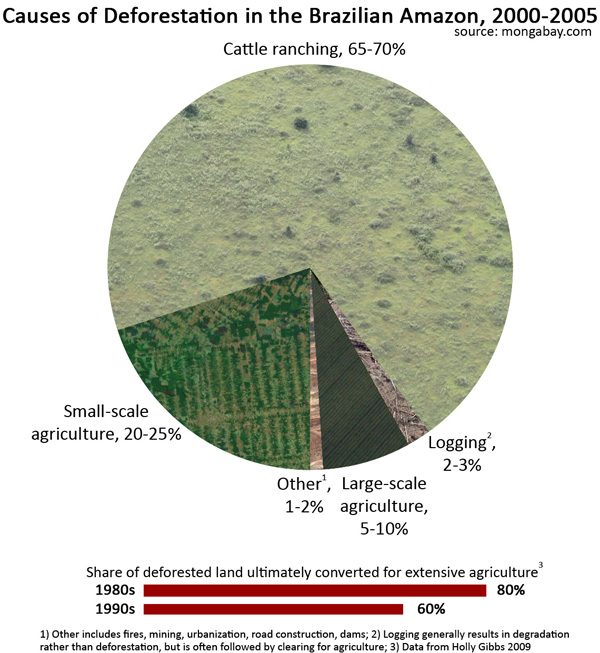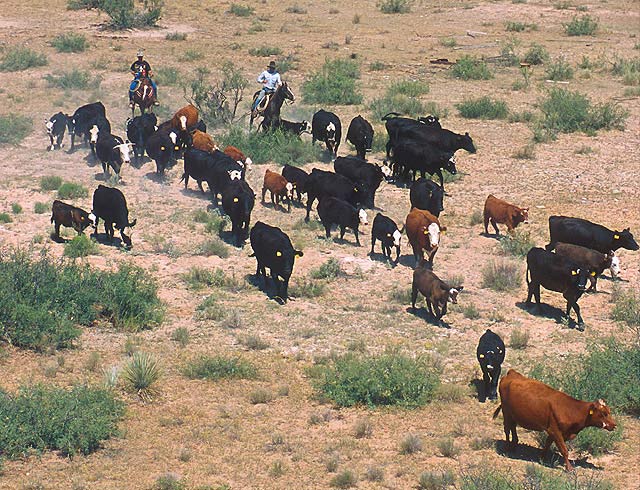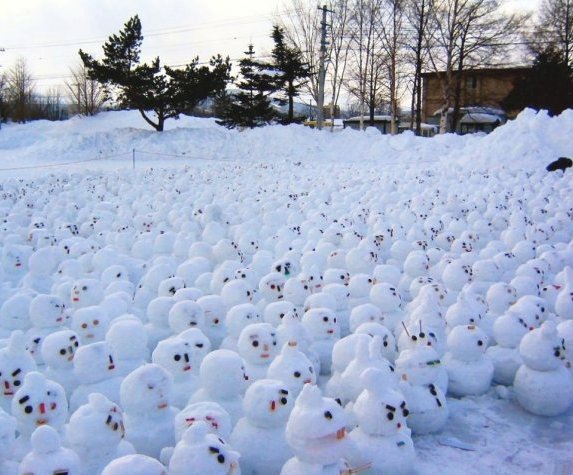 A new study from Cornell Professor Robert Howarth shows that natural gas from shale beds extracted through hydraulic fracturing or “fracking” has the same effect on the climate as burning coal, tarnishing one of the natural gas industry’s major claims of being a less polluting and more climate friendly fossil fuel.
A new study from Cornell Professor Robert Howarth shows that natural gas from shale beds extracted through hydraulic fracturing or “fracking” has the same effect on the climate as burning coal, tarnishing one of the natural gas industry’s major claims of being a less polluting and more climate friendly fossil fuel.
A megawatt of electricity from a natural gas power plant will generally produce anywhere from 1/3 to 1/2 of the greenhouse gas emissions, specifically CO2, compared to a megawatt from a coal plant. And since coal plants have rightfully been targeted as the biggest climate polluters the natural gas folks have been positioning themselves as the cheaper, cleaner alternative.
Not so fast, since methane, the main component of natural gas, is also a greenhouse gas that the EPA rates as having 20 times the heat-trapping capacity of CO2. Since so much methane is released into the atmosphere during the fracking and drilling process, Howarth’s study questions that assumption, implying the climate benefits are minimal, if they even exist. From The Hill:
More broadly, many gas supporters see domestic reserves as a “bridge” fuel while alternative energy sources are brought into wider use.
Howarth’s study questions this idea.
“The large GHG footprint of shale gas undercuts the logic of its use as a bridging fuel over coming decades, if the goal is to reduce global warming,” the study states.
But [natural gas industry spokesmen] also note that gas has other advantages over coal as an energy source, due to its lower emissions of conventional pollutants including nitrogen oxides and sulfur dioxide.
The study cautions that the research is not meant to justify continued use of oil and coal, but rather to show that using shale gas as a substitute might not provide the desired checks on global warming.
Howarth and Cornell engineering Prof. Anthony Ingraffea, who also worked on the study, acknowledged uncertainties in the nexus between shale gas and global warming in a presentation last month.
“We do not intend for you to accept what we reported on today as the definitive scientific study with regard to this question. It is clearly not. We have pointed out as many times as we could that we are basing this study on in some cases questionable data,” Ingraffea said at a mid-March seminar, which is available for viewing on Howarth’s website.
“What we are hoping to do by this study is to stimulate the science that should have been done before, in my opinion, corporate business plans superceded national energy strategy,” he added.
This is an incredibly important discussion to have, especially given the impacts that fracking is having on our air, water, health, and our state budget.
UPDATE: The Texas Energy Report got some good response from around the Capitol and we couldn’t help include it:
“Sounds like the coal industry may have funded it,” joked Sen. Troy Fraser (R-Horseshoe Bay), author of Senate Bill 15, which would create a 20-year energy and environmental policy council for Texas.
“The direction they’re going is exactly opposite of what we hear that natural gas is cleaner with less greenhouse emissions. We’ve always worked under that premise,” said Fraser who is also chair of the Senate Natural Resources Committee.
***“I would like to see it. I don’t know what they’re drawing their conclusions on. I would say it’s interesting – significant I don’t know,” said Rep. Jim Keffer, chairman of the House Energy Resources Committee. “We’ll have to take a look at it. I’m sure there’ll be another side.”
Keffer is the author of a bill to require oil and gas companies drilling for shale gas to disclose the contents of chemicals they inject into the ground with water and sand during fracking. Fracking involves high-pressure injections of water into the ground to fracture rock formations and release gas.
The Environmental Defense Fund of Texas, which has embraced Keffer’s bill as the most significant fracking disclosure measure in the nation, said more work is needed to determine the air quality implications of fracking.
“Though we have questions about the study’s emissions estimates, it nevertheless highlights the importance of getting better data,” said Ramon Alvarez of the EDF.
###
By promoting cleaner energy, cleaner government, and cleaner air for all Texans, we hope to provide for a healthy place to live and prosper. We are Public Citizen Texas.










